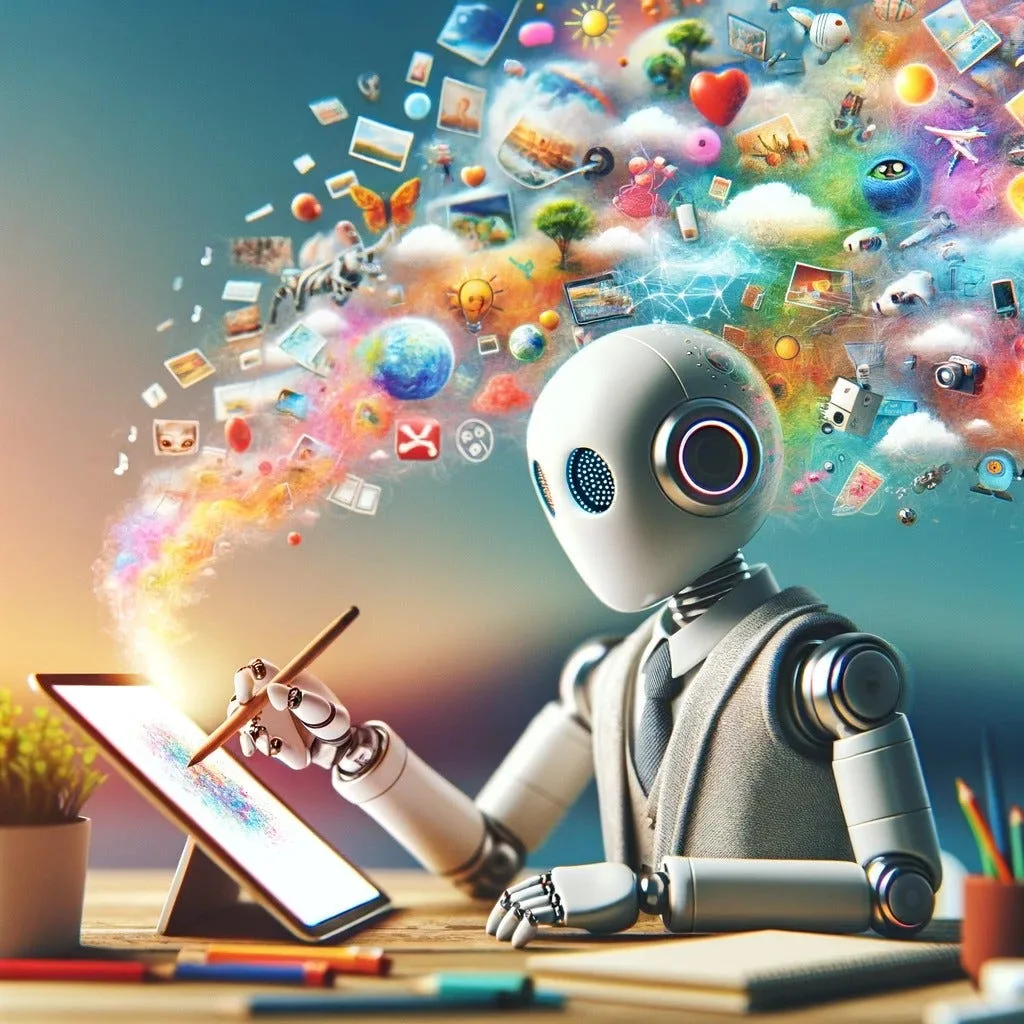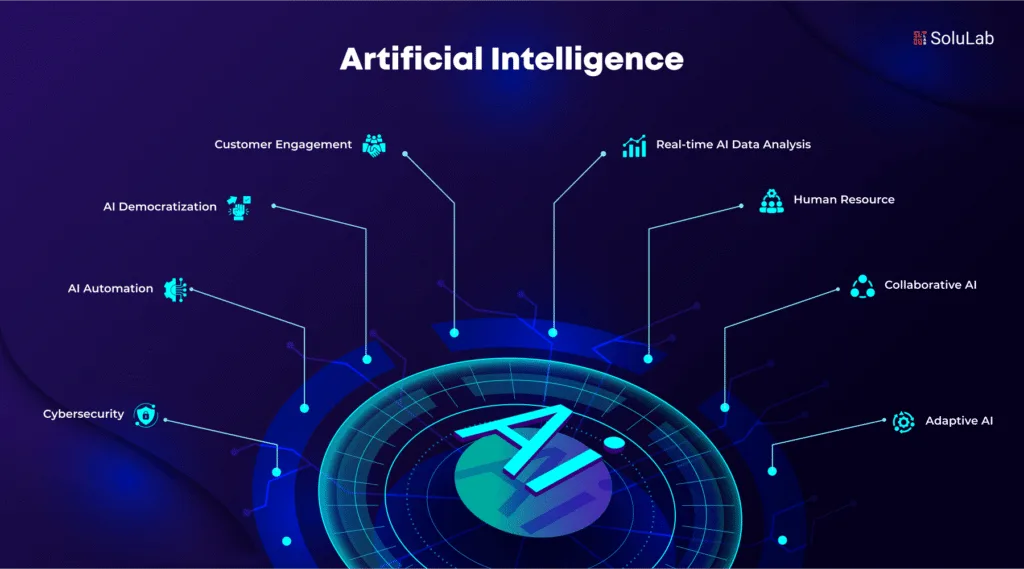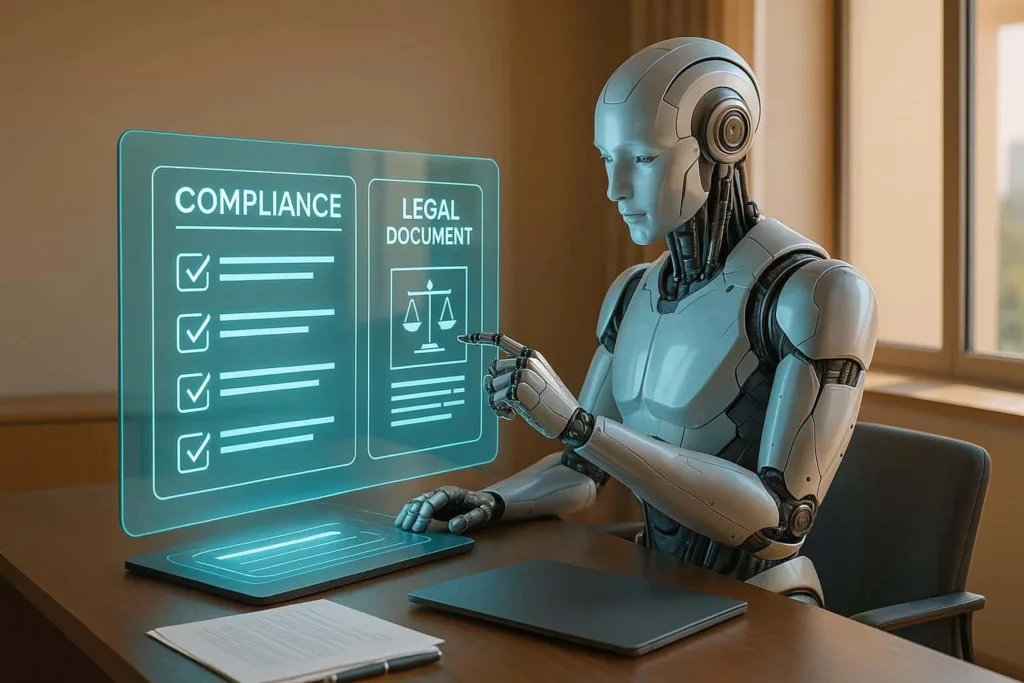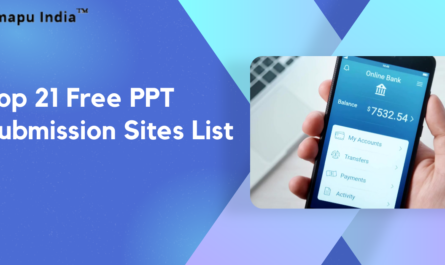Artificial intelligence in the fast-paced digital world, where consumer preferences shift rapidly and competition grows fiercer by the day, businesses must leverage every available tool to stay relevant. One such transformative force is Artificial Intelligence (AI). From automating repetitive tasks to offering predictive insights, AI is not just a technological trend — it is revolutionizing digital marketing.
This article explores why artificial intelligence will be critically important to digital marketing, how it is currently being used, its benefits, real-world applications, and future trends.
Artificial intelligence will be important to digital marketing. {With Explain}

1. Introduction: Digital Marketing of Artificial intelligence
Artificial Intelligence refers to the simulation of human intelligence in machines that are programmed to think and learn. In digital marketing, AI involves using algorithms and data analysis to automate decisions, personalize content, and improve campaign performance.
According to a report by Statista, the global AI market is projected to reach over $500 billion by 2026, and a significant portion of this growth is driven by marketing applications. Businesses now use AI for everything from targeting advertisements to optimizing email campaigns and managing customer relationships.

2. Core Reasons AI Is Important to Digital Marketing
2.1. Personalization at Scale
One of AI’s most valuable contributions to digital marketing is its ability to deliver personalized experiences at scale. Traditional marketing relies on segmenting audiences manually, which is time-consuming and often imprecise.
AI tools can analyze massive datasets in real time and create individual user profiles based on browsing behavior, purchase history, interests, and engagement patterns. This leads to:
- Tailored content recommendations
- Personalized emails
- Dynamic website experiences
Example: Netflix uses AI to recommend shows and movies based on viewer behavior. Marketers can apply the same logic to suggest products or content.
2.2. Predictive Analytics and Decision Making Artificial intelligence
Predictive analytics uses historical data, AI, and machine learning to forecast future behavior. In digital marketing, this can help in:
- Predicting customer churn
- Estimating future sales
- Optimizing budget allocation
- Anticipating demand for a product or service
By acting on these insights, marketers can make data-driven decisions and improve ROI.
2.3. Chatbots and Conversational Marketing
AI-powered chatbots have revolutionized customer service. They provide 24/7 real-time communication with users, answering questions, guiding purchases, and collecting data. These bots are:
- Always available
- Multilingual
- Cost-efficient
Example: Companies like Sephora and H&M use AI chatbots to offer style recommendations and booking services, improving customer engagement.
2.4. Efficient Ad Targeting and Optimization
AI enhances programmatic advertising, which automates the buying and selling of ad space in real-time. It ensures ads are shown to the right people at the right time.
AI algorithms consider factors such as:
- User behavior
- Time of day
- Device usage
- Location
This results in higher CTRs (Click-Through Rates) and better conversion rates.
3. Key Applications of AI in Digital Marketing
3.1. Content Creation and Curation
Artificial intelligence, I can now assist in creating content — from product descriptions to social media posts and even entire articles. Tools like ChatGPT, Jasper, and Copy.ai use AI to generate human-like text.
While Artificial intelligence I doesn’t replace human creativity, it can:
- Generate content outlines
- Suggest topics based on trends
- Personalize messaging
- Schedule and distribute content
Artificial intelligence in curation helps select relevant content from various sources and present it in newsletters, feeds, or blogs.
3.2. Email Marketing Automation
AI-driven tools optimize email campaigns by analyzing engagement patterns and personalizing subject lines, content, and timing. It helps marketers:
- Segment audiences more effectively
- A/B test content dynamically
- Predict optimal send times
Result: Increased open rates and improved engagement.
3.3. Visual Recognition and AR Experiences
AI enables visual search and augmented reality (AR) experiences, allowing users to search using images or try products virtually.
- Pinterest and Google Lens allow visual searches.
- IKEA’s AR app lets customers visualize furniture in their homes.
These tools enhance user interaction and reduce the gap between digital and physical experiences.
3.4. Voice Search Optimization
With the rise of smart assistants like Alexa, Siri, and Google Assistant, voice search has become a growing trend. AI helps marketers optimize content for conversational queries, making it more discoverable via voice.
This has led to the rise of long-tail keywords, natural language content, and localized search strategies.
4. Benefits of AI in Digital Marketing
4.1. Time and Cost Efficiency
By automating repetitive tasks such as ad buying, reporting, and basic customer queries, AI allows teams to focus on strategic initiatives, saving both time and money.
4.2. Improved Accuracy and Data Analysis
AI algorithms can detect patterns and insights from large datasets much faster and more accurately than humans. This leads to:
- Better campaign performance
- Reduced errors
- Smarter business decisions
4.3. Enhanced Customer Experience
With AI, users enjoy personalized recommendations, quick support, and relevant content. This leads to higher engagement, satisfaction, and loyalty.
4.4. Scalability
AI tools can manage thousands of users simultaneously, ensuring consistent and personalized experiences without increasing headcount.
5. Real-World Examples of AI
5.1. Amazon
Amazon uses AI to:
- Recommend products
- Optimize supply chains
- Personalize homepage and emails
Their algorithm-driven engine is a core part of their massive success.
5.2. Google
Google’s entire ad ecosystem — from Google Ads to Search algorithms — relies heavily on AI. It helps:
- Rank pages
- Predict ad performance
- Automate bidding
5.3. Spotify
Spotify uses AI to:
- Curate personalized playlists (Discover Weekly)
- Recommend songs
- Analyze listening behavior for targeted promotions
5.4. Coca-Cola
Coca-Cola uses AI for:
- Social media sentiment analysis
- Product development
- Predictive maintenance in vending machines

6. Challenges and Ethical Considerations
Despite its advantages, AI in digital marketing also raises concerns.
6.1. Data Privacy
AI relies heavily on user data. Misuse or breaches can lead to privacy violations and regulatory issues under laws like GDPR and CCPA.
6.2. Bias in Algorithms
AI systems can inherit biases present in their training data, leading to unfair or inaccurate results — for instance, in ad targeting or customer segmentation.
6.3. Over-reliance on Automation
While automation is beneficial, over-reliance can lead to loss of human touch, creativity, and emotional intelligence in marketing campaigns.
6.4. Job Displacement
Automation may lead to job changes or losses in roles involving manual tasks, although new opportunities in AI strategy and data science are emerging.

7. The Future of AI in Digital Marketing
As AI technology continues to evolve, we can expect even deeper integration with digital marketing strategies.
7.1. Hyper-Personalization
Marketing will move beyond segmentation to truly individualized experiences — with AI understanding preferences, emotions, and behaviors in real time.
7.2. Emotion AI
Emotion AI or affective computing will allow machines to understand and respond to human emotions, offering even more personalized customer journeys.
7.3. Predictive Customer Journey Mapping
AI will not only predict what a customer might buy but also determine how they’ll get there, optimizing touchpoints across multiple channels.
7.4. AI-Powered Content Strategy
From identifying trending topics to generating full campaigns, AI will assist in content ideation, production, and distribution.

8. How to Start Using AI in Digital Marketing
If you’re a marketer or business owner, here’s how you can start integrating AI into your strategy:
9. Conclusion
Artificial Intelligence is no longer a futuristic concept — it is a present-day necessity in digital marketing. It empowers brands to deliver personalized, efficient, and intelligent customer experiences. From chatbots and predictive analytics to content creation and ad targeting, AI is transforming how marketers connect with audiences.
The future of digital marketing is deeply intertwined with AI. Brands that embrace it now will not only stay ahead of the curve but will shape the future of marketing itself.

What They Offer: Courses, Modules, Features
Here are the main offerings and features of DMAPU:
| Feature | Details |
|---|---|
| Course Modules / Curriculum | 48‑60+ modules covering a wide range of topics such as: SEO, Social Media Marketing (SMM), Google Ads / PPC, Email Marketing, Affiliate Marketing, Content Marketing, Google Analytics & Data Tracking, Website building (WordPress), E‑commerce & Dropshipping, etc. |
| Certifications | Offers ~15 “international certificates.” Also institute‑specific certifications for course completion. |
| Hands‑on / Practical Training | Live projects, internship (3 months), practice with tools, real ad campaigns etc. |
| Support & Extras | Free demo/master classes, unlimited doubt sessions, interview preparation, placement assistance, lifetime career support. |
| Mode & Flexibility | Classes on weekdays & weekends; online, offline & hybrid; recordings available; flexible timings. |
Strengths / Advantages
Joining DMAPU has several pros. Here are what many students might find appealing:
- Comprehensive Curriculum — With many modules and covering both basic and advanced topics, DMAPU seems to try to offer an end‑to‑end digital marketing education.
- Experienced Trainer & Credibility — Since the head trainer is Google & Bing certified and has significant experience, that adds credibility.
- Hands‑on Exposure — Live projects + internship gives practical exposure, which is very valuable.
- Placement Assistance — They claim to provide “100% job support / job assistance,” resume help, interview prep, etc. For many this is a deciding factor.
- Flexibility & Accessibility — Being both online/offline, with weekend batches, free demo classes etc. makes it possible for many people (students, working professionals) to attend.




